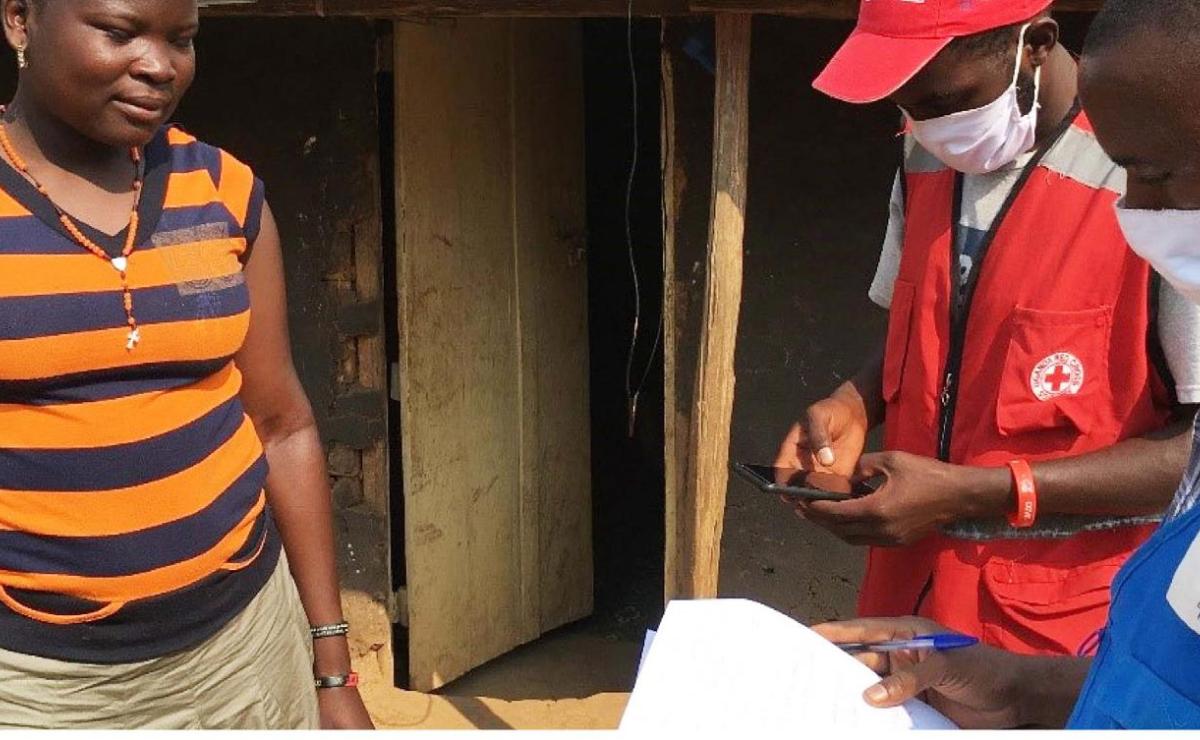Cash grants assist refugees in meeting their non-food basic needs

On March 15, 2018, Ms Scovia Avico entered Uganda along with her three children. Avico left Njugu, a town in the Democratic Republic of Congo, to Uganda not as a visitor or a tourist but as a sole option to escape the never-ending conflict back home that has claimed thousands of people.
Starting a new life in a foreign country usually is not easy, and so was Avico’s experience. Avico entered Uganda with nothing but satisfaction that she made the trip and her life and her children were finally safe.
At entry, Avico says, the United Nations High Commissioner for Refugees (UNHCR) gave the family a tarp, two jerrycans and saucepans to kick start their stay in Uganda’s Southwestern Kyangwali settlement.
“The condition was horrible. I remember not having an attestation card. All I had was a ration card, yet both are required to get all the services of a refugee. This went on for two months. I could not get food. The beans we got upon entry, cooking oil, maize flour, and the solar lantern is what we had to start our new life,” Avico says.
And her misery was compounded by unethical behaviour from some of the refugees a few days later. “The cooking oil and solar lantern were stolen after two days. We had to get used to darkness again,” she adds. Determined to survive in this settlement, Avico was quick to make friends. Soon, she made contact with an older woman in their neighbourhood. It is this neighbour that would lend her some saucepans and utensils.Yes, it takes two to tangle. Where was Avico’s husband as she struggled to raise the children singlehandedly?“He had married another lady,” Avico, with a heavy heart, says.
Turning Point
One day, LWF staff visited her house, and after undergoing an assessment, she was told she qualified for a newly implemented project providing monthly cash assistance to refugees.
“Before such cash, I did not have chairs in my house. Thanks to eight months of cash assistance, I was able to buy enough balanced food. I also bought pigs which I rear for income. I have been able to buy clothes for all my three children, a mattress for them and cater for their medical needs.” Avico now is a proud owner of a permanent house built using proceeds from her piggery project.
With funding from the European Civil Protection and Humanitarian Aid Operations (ECHO), LWF partnered in the Uganda Cash Consortium (UCC) framework led by the Danish Refugee Council, together with Action against Hunger and the Uganda Red Cross Society to provide monthly cash assistance to newly-arrived and the most socio-economically vulnerable refugees in Kyangwali settlement to address immediate and basic non-food needs.
-END-

